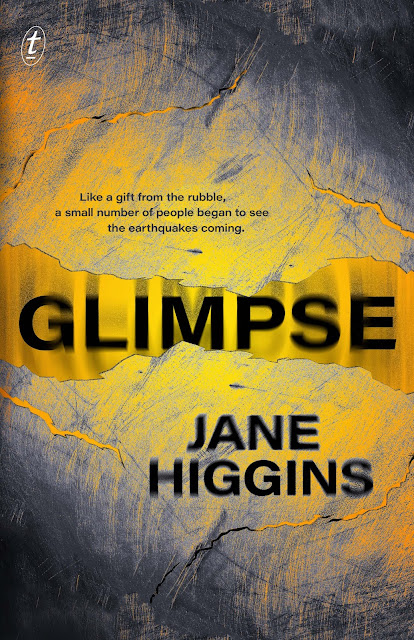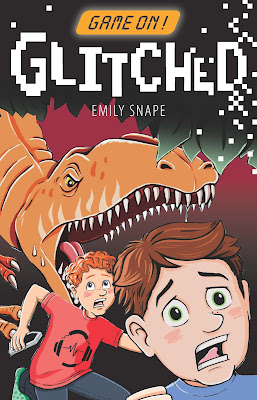Laughton King explains that it was his own life difficulties that led to the eventual publication of his insightful revelation of dyslexia as a daily life issue,
Inside The Dyslexic Mind (Exisle Publishing, 2023)
Was it good luck or bad that I was born as a very perceptive but heavily dyslexic child? Either way, the two dynamics contrived to combine in such a manner as to make my childhood – and my eventual adulthood – an ongoing nightmare.
Although I hated schoolwork – reading, writing, and all the elements that comprised these pursuits – I somehow felt strangely compelled to prolong my educational nightmare by attending university long enough to graduate with three psychology degrees.
Later, through extended years of working closely with thousands of children similarly struggling with reading and writing, and ‘learning and behavioural difficulties,’ I eventually realised that the patterns I saw in their lives closely mirrored the elements of my own. Like them, I was not ‘dumb and stupid,’ as I had been led to believe, but rather suffered the impact of a strange anomaly commonly known as ‘dyslexia.’
Striving to make sense of these dynamics – ADD, ADHD, ODD, MBD, and others – I began to see that these were descriptive labels applied by people who themselves had never personally experienced the very dynamics they were labelling – and labelling inaccurately. As labels, they simply reflect the outsider’s limited viewpoint.
So began my mission. With one foot in dyslexia and the other in academia, I sought to rectify and clarify what I saw as an abuse – an unwitting misinterpretation of symptoms by people with good intentions but lacking a useful understanding.
Eventually,
Inside The Dyslexic Mind emerged as my clarification of the issues experienced by dyslexic people – young and old. The purpose of this work is to dispel the notion that we have learning difficulties and that there is something wrong with our brain that needs fixing. My objective is to help other dyslexic people value what I have come to call the ‘diesel’ difference in our thinking style, to value this difference and the contribution it allows us to make to society.
As a backyard mechanic, I understand the error of putting petrol into a diesel engine. This notion equates to our education system in which we require our dyslexic (non-language) students to comprehend, learn from, and use a language-based teaching system. A dyslexic person myself, I think in images but I struggle with language.
As a child I had no ‘inner dialogue’ to use as a thinking tool. Words, spoken or written, were foreign to me if they did not contain a pictorial function. The words 'tennis racket' conjure up a picture in my brain of a well-known sporting object, but the word 'perhaps' fails to strike up any visual image at all. But dyslexic people need the images in order to grasp the meaning. In short, dyslexic people are like the diesel engine, and the education system serves up petrol – only petrol. Even the ‘special programmes’ provided are like fuel-injected petrol to the diesel engine.
Now at age 74 my sleep is still regularly disturbed by graphic nightmares stemming from my school-room experiences - standing, reading, book in hand in front of the class, tears running down my face, pee running down my leg (my own version of 'running records'), the teacher beating me over the head with his text book chanting ‘King you are stupid!’
My overall aim in writing this book was to shed light on the real issues that prevail, so that parents, teachers, researchers and academics can start to work with dyslexic children in an enlightened and productive way, to the benefit of all concerned.
For your chance to win a copy of this amazing, groundbreaking resource for parents, teachers and dyslexics themselves, enter our exclusive GIVEAWAY. Competition opens tomorrow, Saturday 10 June 2023.
Laughton King is a retired psychologist whose contribution to the progressive dismantling of what is commonly called 'dyslexia' comes from his 70+ years as a 'dyslexic' person, and from 35 years as a psychologist working with children experiencing learning difficulties. Laughton's difficulties with reading meant that he did not rely on the insights and conclusions of academics and scholars. Instead, through observation of his own and other's learning processes, he established his own understanding of this unfortunately common difficulty.
School was a nightmare for Laughton. He could not decipher the language of the teacher and was confused that other kids could. His classroom failings led to social and behavioural failings, and for these he was labelled and blamed. In turn, his acceptance of the blame led directly to deep, prolonged depression.
Laughton describes his eventual self-diagnosis of dyslexia at age 45 years as like emerging from a dark cloud but lacking any sense or understanding of its causes or functional dynamics. Subsequent observations of thousands of children, their families and their teachers eventually led to practical insights regarding dyslexia as a daily life issue in a person's interfaces with society through the various stage of life.
from Kids' Book Review https://ift.tt/GPsbKTQ









.jpg)
.jpg)
.jpg)
.jpg)
.jpg)
.jpg)
.jpg)
.jpg)














